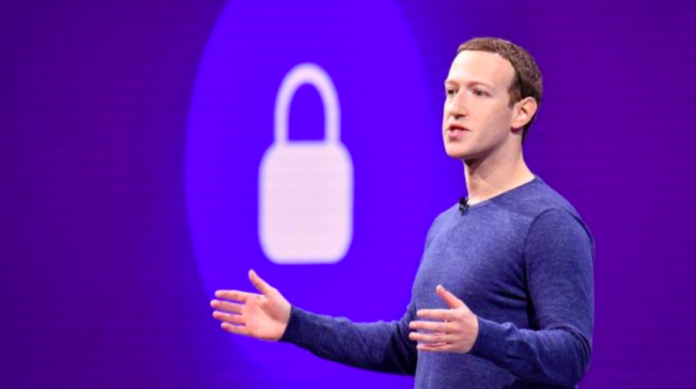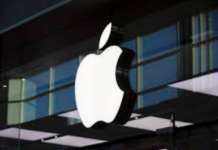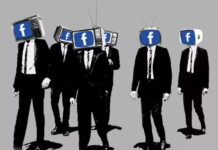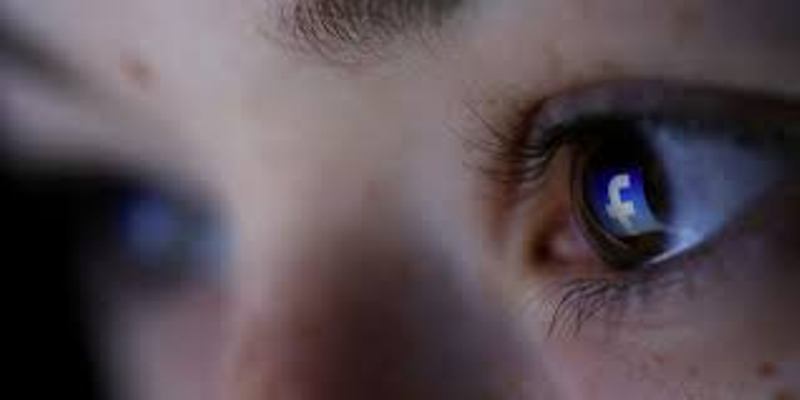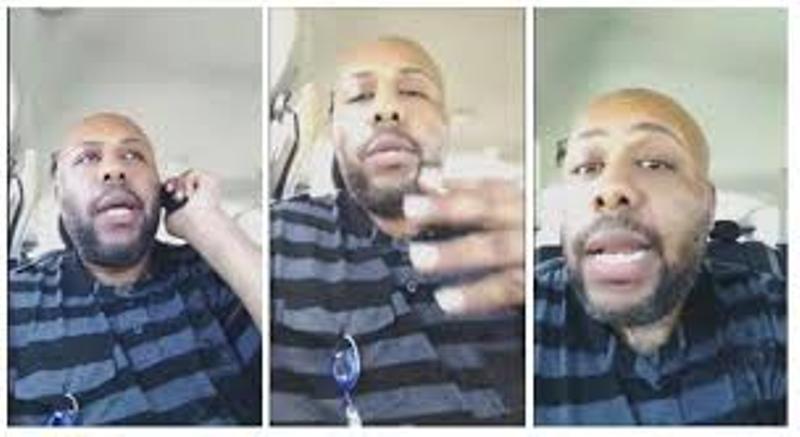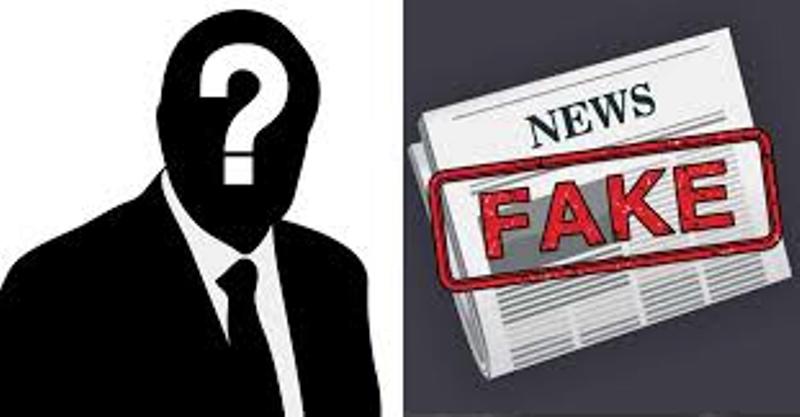He has suggested new set of rules and changes needed on social media platforms.
New York: In a new move, Facebook’s chief Mark Zuckerberg wants a common set of rules that all tech companies have to stick to. He wants regulators and governments to play a more active role in controlling internet content.
In an op-ed published in the Washington Post, Facebook’s chief says the responsibility for monitoring harmful content is too great for firms alone.
He suggested new laws in four areas: “Harmful content, election integrity, privacy and data portability.”
It comes two weeks after a gunman used the site to livestream his attack on a mosque in Christchurch, New Zealand.
“Lawmakers often tell me we have too much power over speech, and frankly I agree. Facebook is creating an independent body so people can appeal our decisions” about what is posted and what is taken down, Zuckerberg wrote in his post.
In brief, Zuckerberg calls for the following changes:
- Common rules that all social media sites need to adhere to, enforced by third-party bodies, to control the spread of harmful content
- All major tech companies to release a transparency report every three months, to put it on a par with financial reporting
- Stronger laws around the world to protect the integrity of elections, with common standards for all websites to identify political actors
- Laws that not only apply to candidates and elections, but also other “divisive political issues”, and for laws to apply outside of official campaign periods
- New industry-wide standards to control how political campaigns use data to target voters online
More countries to adopt privacy laws like the European Union’s General Data Protection Regulation (GDPR), which came into force last year
A “common global framework” that means these laws are all standardised globally, rather than being substantially different from country to country
Clear rules about who’s responsible for protecting people’s data when they move it from one service to another

The open letter comes as the social network faces questions over its role in the Cambridge Analytica scandal around data misuse during election campaigns.
The site has also been criticised for failing to stop the spread of footage of the Christchurch killings, in which 50 Muslims died as they prayed.






























